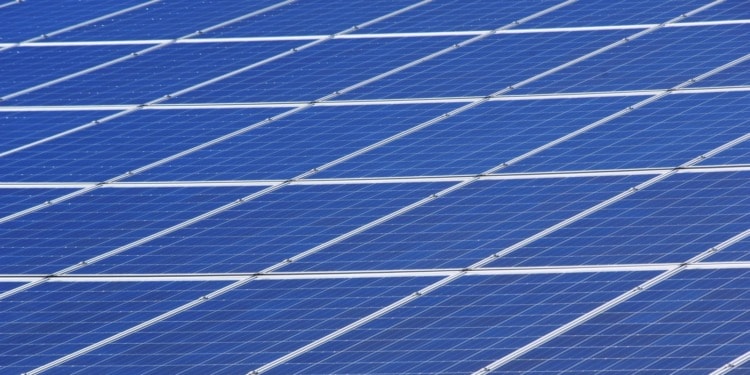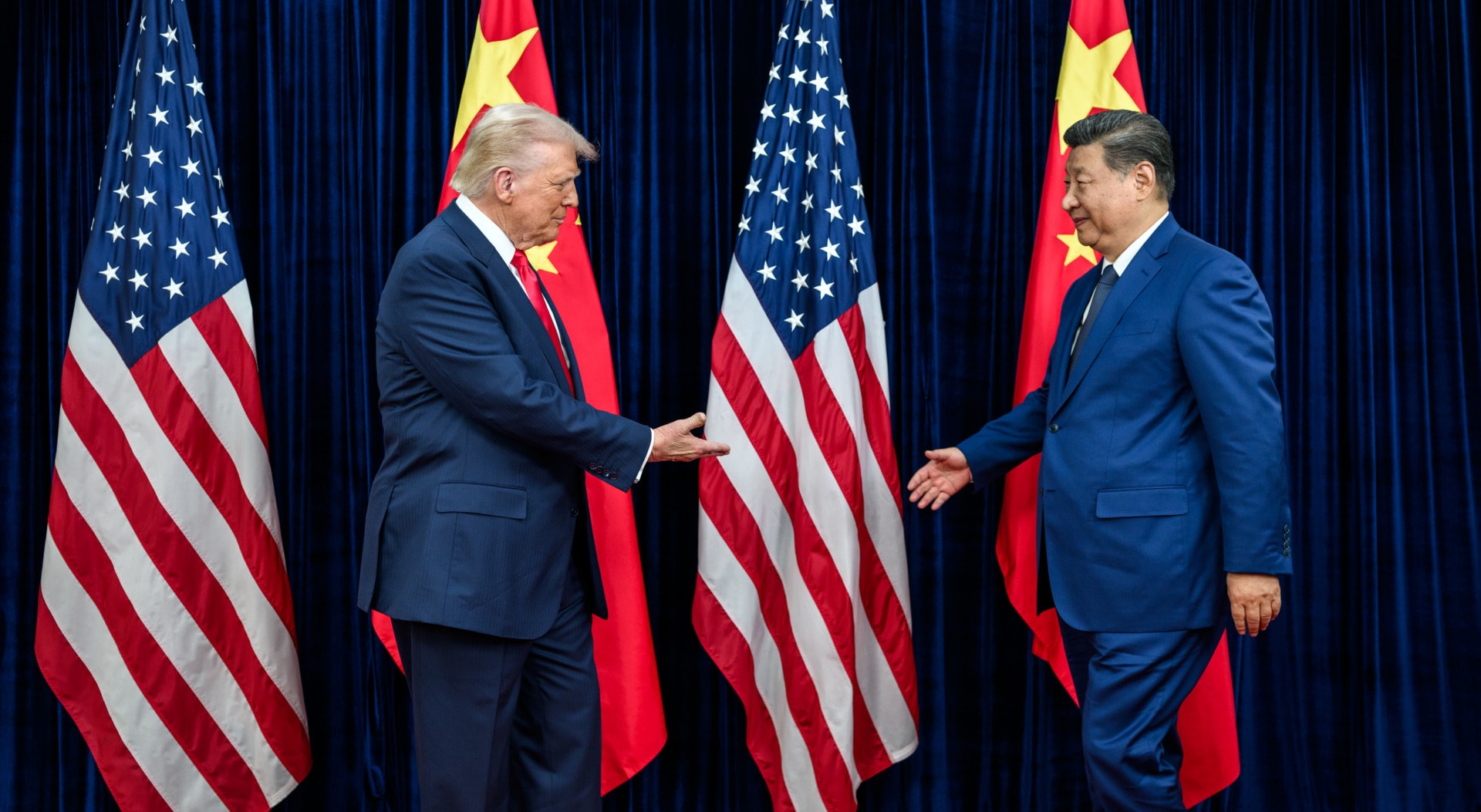In the intricate web of China-Africa economic relations, a new report by Boston University’s Global Development Policy Center and the African Economic Research Consortium sheds light on both the strides made and the hurdles remaining, particularly concerning energy access and transition.
According to the report, the engagement between these two entities has deepened over the last 30 years, with significant impacts on policy areas such as trade, overseas development finance (ODF), and foreign direct investment (FDI).
While this engagement has contributed to African development, “including economic growth via infrastructure and environmental risks to biodiversity and the climate,” as the report notes, it has also presented challenges, notably environmental risks and unsustainable debt.
The report highlights that, despite the economic benefits reaped from this partnership, there remains a crucial gap in aligning with sustainable development goals. African countries are steering toward low-carbon development, as outlined in the United Nations’ 2030 Sustainable Development Goals (SDGs) and the African Union Agenda 2063. The report underscores the potential of the energy transition to bolster these development objectives.
Analyzing trends from 2000 to 2022, the report reveals significant growth in Africa-China trade, skyrocketing from $11.67 billion to a staggering $257.67 billion. However, challenges such as sustained trade deficits and reliance on primary commodity exports persist. For example, while Africa exports primarily raw materials to China, imports comprise mostly manufactured goods.
Further, Chinese lenders have played a pivotal role, providing $170.08 billion in loans to sovereign African borrowers (most of which was provided by China’s two primary development finance institutions, the Export-Import Bank of China and the China Development Bank). Despite being the largest bilateral creditor to Africa, the provision of loans has dwindled since its peak in 2016, owing to existing debt burdens and increased borrowing costs, and only 2% of these loans were allocated to renewable energy projects, “despite Africa’s considerable untapped potential, especially in solar.”
Chinese development finance institutions, the report found, “supplied one-third of their loans to the energy (34%) sector. The DFIs’ energy lending amounted to $52.38 billion, of which 51% was for fossil fuels projects with oil, gas/liquified natural gas (LNG) and coal energy sources.”
Related Articles: A Just Transition to a Zero-carbon World Is Possible. Here’s How. | Europe’s Transition to Electric Vehicles: How It’s Going, and What Lies Ahead | Morningstar Introduces Low Carbon Transition Leaders Indexes | The Countries Leading the Way on Quitting Coal | Big Oil Testifies in Court for Decades-Long Climate Denialism | Climate and Energy: Shifting the Trillions, but in the Right Direction | The Village That Stood up to Big Oil – and Won
The report also delves into Chinese foreign direct investment (FDI), the majority of which has supported fossil fuel projects, with limited investment in renewable energy ventures. This underscores China’s “dual-track engagement strategy,” which includes both electrification efforts and the extraction-export of primary commodities. As the report authors explain:
“On the one hand, Chinese DFIs and investors are financing a push for electrification on the African continent. Chinese DFIs have focused largely on power generation via hydropower and transmission and distribution infrastructure, while investors have focused more narrowly on the introduction of renewables, specifically solar energy, to the African continent. On the other hand, Chinese DFIs and investors have also sought to develop an exploration-extractionexports track, that begins with debt and equity financing for exploration and mining activities of primary commodities and concludes with the export of extracted resources to China.”
The findings suggest a need for recalibration in China-Africa economic engagement, particularly concerning energy access and transition. While past endeavors have addressed infrastructure deficits, they have also perpetuated trade imbalances. To achieve sustainable development goals, the report recommends a shift towards concessional loans, equity finance, and trade focused on renewable energy and green industries.
As China and African nations navigate their economic partnership, the report underscores the imperative of aligning future endeavors with sustainable development objectives, particularly in the realm of energy access and transition.














